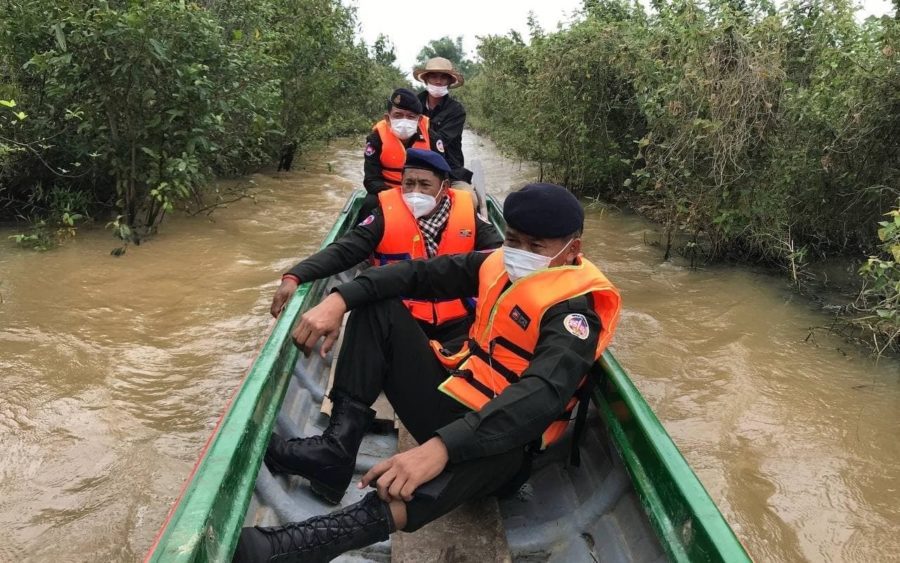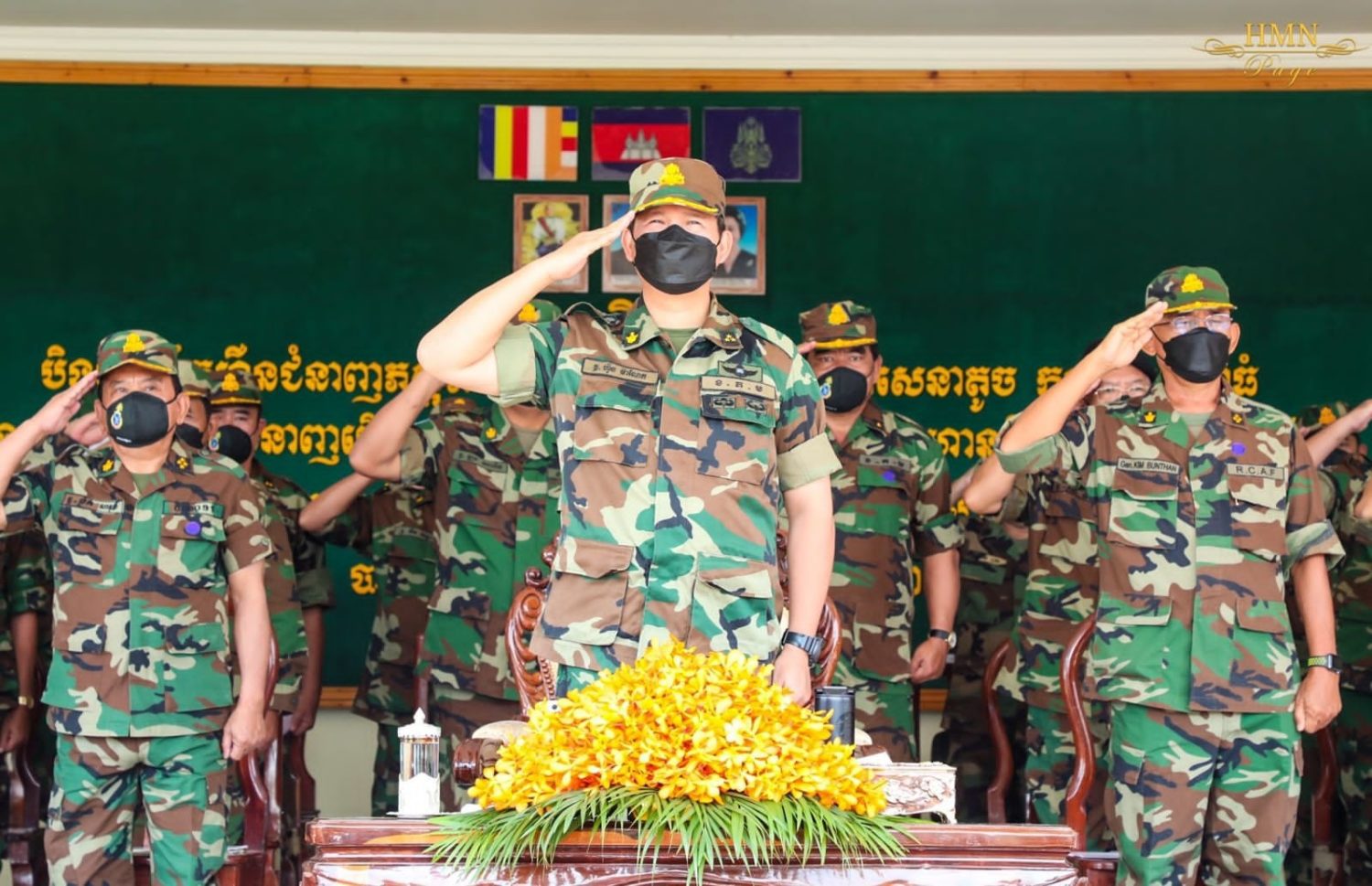Protections on thousands of hectares of Tonle Sap lake’s biosphere reserve are being relaxed to allow farming, in the wake of a crackdown on illegal land use that retook vast tracts as state property.
The crackdown, sparked in November by Prime Minister Hun Sen responding to reports of widespread encroachment, implicated some provincial and police officials in alleged land grabs and led to stricter prohibitions against farmers and residents.
Satellite imagery has shown major tree loss in the flooded forests beginning around 2019, but deforestation has been ongoing for years, leaving little substantial tree coverage in many areas.
Last week, Prime Minister Hun Sen said people who had been living and farming protected areas around the Tonle Sap for more than a decade should have the prohibitions against them relaxed. The crackdown should target people newly encroaching the area, not long-time residents, he said.
The biosphere reserve is classified into three zones: Zone 1 allows people to live with land certificates, Zone 2 allows cultivation, and Zone 3 must be protected, according to the Information Ministry.
A government sub-decree issued Tuesday said more than 6,000 hectares in Kampong Thom and Banteay Meanchey provinces would be reclassified from Zone 3 to Zone 2.
The bulk is in Kampong Thom and would be divided into 2,025 plots, the decree said, while 60 hectares in Banteay Meanchey is designated for 22 families.
Further sub-decrees are expected.
A resident around the Tonle Sap in another province, Phuong Rim in Kampong Chhnang, said he was among 400 families who could no longer farm an area they had for years since the crackdown.
He had yet to receive any information about relaxed protections that would allow him to farm again, he said.
“The citizens live dependent on the farmland. If it’s prohibited, the citizens don’t have the means to earn, so there’s more and more debt,” Rim said.
In announcing the policy last week, Hun Sen was adamant that it should benefit long-term residents, not wealthy land brokers encroaching on protected areas — as has been long happening all over the country.
“We strongly oppose the use of the power of the powerful people, and the use of the money of the rich, to seek refuge under the banner of the people and to seize the flooded land for their own benefit,” Hun Sen said.
He said returning the land to residents should follow a “tiger skin” formula, a phrase long used for cutting targeted areas out of state land to hand to existing residents.













